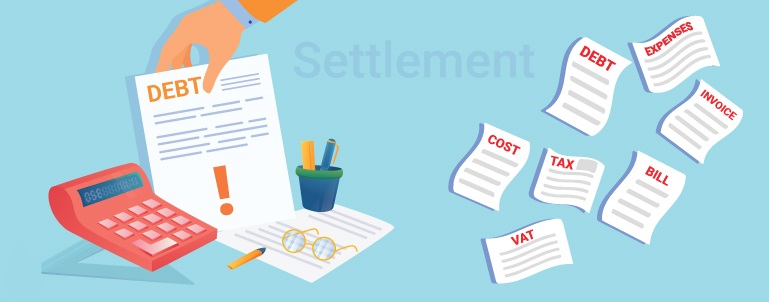
Dealing with debt can be overwhelming, but there’s a silver lining: negotiation. By effectively negotiating with creditors, you can settle your debts and pave the way for improving your credit score. In this post, we’ll explore the ins and outs of negotiation, empowering you to take control of your financial future.
Understanding the Importance of Negotiation: Negotiating with creditors is not just about reducing your debt burden; it’s also about demonstrating responsibility and commitment to resolving your financial obligations. By proactively engaging with creditors, you signal your willingness to fulfill your commitments, which can positively impact your creditworthiness.
Preparing for Negotiation: Before initiating negotiations, arm yourself with essential information. Gather details about your debts, including balances, interest rates, and payment history. Additionally, familiarize yourself with your financial situation, including income, expenses, and any assets you can leverage.
Crafting Your Negotiation Strategy: Approach negotiations with a clear strategy in mind. Determine your goal—for example, reducing the total amount owed or negotiating more favorable repayment terms. Consider factors such as your financial constraints and the creditor’s policies when formulating your strategy.
Initiating Contact: Reach out to your creditors to express your intention to negotiate. Be proactive and professional in your communication. Whether through phone calls or written correspondence, clearly outline your proposal and emphasize your commitment to resolving the debt.
Presenting Your Proposal: When presenting your proposal, be concise and persuasive. Highlight any hardships or extenuating circumstances that justify your request for debt relief. Offer a realistic repayment plan that demonstrates your ability to meet your obligations while accommodating your financial constraints.
Negotiating Terms: Be prepared for counteroffers from creditors. Remain flexible and open to compromise while advocating for terms that align with your financial goals. Remember that negotiation is a collaborative process, and finding common ground may require some give and take.
Securing a Settlement Agreement: Once you’ve reached a mutually acceptable agreement, document the terms in writing. Ensure that the agreement clearly outlines the reduced amount owed, the repayment schedule, and any other relevant terms. Review the agreement carefully before signing to avoid misunderstandings.
Fulfilling Your Commitment: Once the settlement agreement is in place, honor your end of the bargain. Make timely payments according to the agreed-upon schedule, and adhere to the terms outlined in the agreement. By fulfilling your commitments, you not only reduce your debt but also demonstrate reliability to future creditors.
Monitoring Your Progress: Track your progress closely as you repay your negotiated debts. Monitor your credit report regularly to ensure that the settled accounts are accurately reported. As you make payments and demonstrate responsible financial behavior, you’ll gradually rebuild your creditworthiness.
Celebrating Your Success: Successfully negotiating with creditors to settle debts is a significant accomplishment. Celebrate your progress and use it as motivation to continue managing your finances responsibly. With dedication and perseverance, you can achieve financial stability and pave the way for a brighter financial future.
Conclusion: Negotiating with creditors is a powerful tool for managing debt and improving your credit score. By approaching negotiations strategically and demonstrating commitment, you can settle your debts on favorable terms and take significant strides toward financial freedom. Empower yourself with knowledge, be proactive in your communication, and persevere in pursuit of your financial goals. With the right approach, negotiation can be the key to unlocking a brighter financial future.
